November 13 stands as one of history’s most eventful days, witnessing the rise and fall of empires, groundbreaking discoveries, and moments that shaped our modern world across centuries of human achievement.
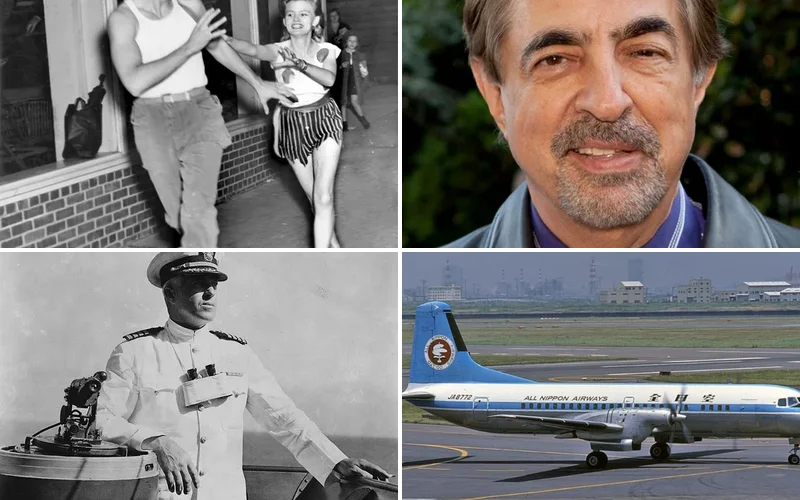
Politics and Government Events on November 13
1918 – Allied Forces Occupy Constantinople
Allied troops marched into Constantinople, marking the symbolic end of Ottoman power in World War I. The occupation represented the culmination of centuries of Ottoman decline and European ascendancy.
This historic moment effectively ended the Ottoman Empire’s role as a major world power. The occupation would lead to the eventual establishment of modern Turkey under Mustafa Kemal Atatürk.
1956 – Supreme Court Ends Montgomery Bus Boycott
The Supreme Court affirmed a lower court ruling that invalidated Alabama’s segregated bus laws. This landmark decision brought the year-long Montgomery Bus Boycott to a victorious conclusion.
Rosa Parks’ act of defiance had evolved into a comprehensive legal victory for civil rights. The ruling established crucial precedent for dismantling Jim Crow laws across the American South.
1991 – Republic of Karelia Established
The Republic of Karelia officially formed as an autonomous republic within the Russian Federation. This reorganization replaced the former Karelian Autonomous Soviet Socialist Republic during the Soviet Union’s dissolution.
The new republic gained greater self-governance while maintaining its strategic position along the Finnish border. This transition exemplified the broader political transformations occurring throughout the former Soviet territories.
2000 – Philippine President Faces Impeachment
Philippine House Speaker Manny Villar successfully passed articles of impeachment against President Joseph Estrada. The charges centered on corruption allegations that had plagued Estrada’s administration.
This constitutional crisis would ultimately lead to Estrada’s removal from office through popular uprising. The impeachment process demonstrated the strength of Philippine democratic institutions during political turmoil.
2001 – Bush Authorizes Military Tribunals
President George W. Bush signed an executive order allowing military tribunals for suspected terrorists. This marked the first such authorization since World War II in American history.
The controversial decision sparked intense debate about civil liberties during wartime. These tribunals would become a defining feature of America’s post-9/11 legal framework.
2013 – Hawaii Legalizes Same-Sex Marriage
Hawaii became the 15th U.S. state to legalize same-sex marriage through legislative action. Governor Neil Abercrombie signed the historic legislation amid widespread celebration.
The decision marked a complete reversal from Hawaii’s 1990s constitutional amendment banning same-sex marriage. This victory accelerated the nationwide momentum toward marriage equality.
Military and Naval History on November 13
1914 – Battle of El Herri Devastates French Forces
Berber tribesmen inflicted the heaviest defeat of French forces in Morocco during the ongoing Zaian War. The battle demonstrated fierce resistance to French colonial expansion in North Africa.
French military prestige suffered a significant blow as colonial forces struggled against determined tribal warfare. This defeat forced France to reassess its military strategies in Morocco.
1917 – First Battle of Monte Grappa Begins
The Austro-Hungarian Armed Forces launched their offensive against Italian positions at Monte Grappa. Despite German Alpine Corps support and numerical superiority, the attack would ultimately fail.
Italian forces under new chief of staff Armando Diaz demonstrated remarkable resilience in mountain warfare. The battle marked a crucial turning point in the Italian front during World War I.
1941 – HMS Ark Royal Torpedoed
German submarine U-81 successfully torpedoed the aircraft carrier HMS Ark Royal in the Mediterranean. The legendary warship would sink the following day despite desperate salvage efforts.
The loss of Ark Royal represented a significant blow to British naval power. This veteran carrier had participated in numerous operations including the hunt for the Bismarck.
1942 – Naval Battle of Guadalcanal Erupts
American and Japanese naval forces engaged in intense close-quarters combat during the Guadalcanal Campaign. The brutal surface engagement occurred under cover of darkness in the Solomon Islands.
Both sides suffered heavy casualties in this decisive Pacific theater confrontation. The battle ultimately prevented Japanese reinforcement of their beleaguered Guadalcanal garrison.
1950 – AK-47 Development Completed
The Soviet Union finalized development of the AK-47 assault rifle, one of history’s most influential weapons. Mikhail Kalashnikov’s design would revolutionize modern warfare and conflict worldwide.
The rifle’s simplicity, reliability, and effectiveness made it the world’s most widely distributed weapon. Its impact on global conflicts would extend far beyond the Cold War era.
Science and Discovery Milestones on November 13
1922 – Supreme Court Upholds Mandatory Vaccinations
The United States Supreme Court ruled in Zucht v. King that mandatory vaccinations for public school students were constitutional. This landmark decision established government authority to protect public health through vaccination requirements.
The ruling built upon earlier precedents establishing state police powers in health emergencies. This legal framework would prove crucial for managing future epidemics and pandemics.
1996 – First GIMPS Mersenne Prime Discovered

Joel Armengaud discovered the Great Internet Mersenne Prime Search project’s first prime number: 2^1,398,269 – 1. This massive number contained 420,921 digits and represented a breakthrough in distributed computing.
The discovery demonstrated the power of internet collaboration for mathematical research. GIMPS would continue finding larger primes using volunteers’ computing power worldwide.
2012 – Total Solar Eclipse Occurs

A total solar eclipse swept across parts of Australia and the South Pacific Ocean. Thousands of astronomy enthusiasts traveled to witness this rare celestial phenomenon.
The eclipse provided valuable scientific data about solar corona behavior and atmospheric effects. Such events continue advancing our understanding of solar-terrestrial relationships.
Cultural and Arts Events on November 13
1940 – Walt Disney’s Fantasia Premieres
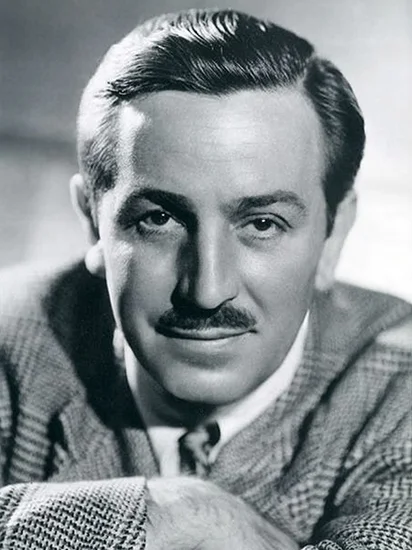
Walt Disney’s revolutionary animated musical film Fantasia debuted at New York’s Broadway Theatre. The groundbreaking production combined classical music with innovative animation techniques.
The film represented Disney’s most ambitious artistic endeavor, featuring symphonic music and abstract animation. Despite initial mixed reception, Fantasia would become recognized as an animation masterpiece.
1985 – Vietnam Veterans Memorial Dedicated

The Vietnam Veterans Memorial was officially dedicated in Washington, D.C. following a march by thousands of Vietnam War veterans. Maya Lin’s controversial black granite design had initially faced significant opposition.
The memorial’s simple yet powerful design honored the 58,000 Americans who died in Vietnam. The dedication ceremony provided long-overdue recognition for Vietnam veterans’ service and sacrifice.
1986 – Late Late Breakfast Show Tragedy
The BBC’s Late Late Breakfast Show faced cancellation after 24-year-old Michael Lush died during a dangerous stunt rehearsal. The tragic incident exposed serious safety concerns in television production.
The show’s immediate cancellation marked a watershed moment for broadcast safety standards. Television producers worldwide implemented stricter safety protocols for dangerous stunts and challenges.
Religious and Social Events on November 13
1965 – SS Yarmouth Castle Fire
Fire broke out aboard the cruise ship SS Yarmouth Castle, killing 87 passengers and crew members. The tragedy occurred during a voyage from Miami to Nassau in the Bahamas.
The disaster led to significant improvements in maritime safety regulations worldwide. New requirements for fire suppression systems and passenger evacuation procedures emerged from this tragedy.
1970 – Bhola Cyclone Devastates Bangladesh

A massive tropical cyclone with 150 mph winds struck the densely populated Ganges Delta region. The catastrophic storm killed an estimated 500,000 people in a single night.
The cyclone remains one of history’s deadliest natural disasters and highlighted the vulnerability of low-lying coastal areas. International relief efforts struggled to reach the devastated region.
1985 – Nevado del Ruiz Eruption Buries Armero

The Colombian volcano Nevado del Ruiz erupted, melting glaciers and creating devastating lahars. The volcanic mudslide completely buried the town of Armero, killing approximately 23,000 people.
The disaster demonstrated the deadly potential of volcanic activity in populated areas. Improved volcano monitoring systems emerged from lessons learned during this tragedy.
1990 – Aramoana Massacre Shocks New Zealand
David Gray shot and killed 13 people in the small New Zealand town of Aramoana. Police tracked down and killed the gunman the following day after an extensive manhunt.
The massacre shocked New Zealand and led to stricter gun control legislation. The tragedy remains one of the deadliest mass shootings in New Zealand’s history.
Business and Economic Events on November 13
1994 – Sweden Votes to Join European Union
Swedish voters approved European Union membership in a closely contested referendum. The decision marked Sweden’s integration into the broader European economic and political community.
The referendum result reflected Swedish pragmatism about economic cooperation while maintaining sovereignty concerns. Sweden’s EU membership would significantly impact its economy and international relations.
1995 – Mozambique Joins Commonwealth
Mozambique became the first nation to join the Commonwealth of Nations without having been part of the British Empire. This unprecedented admission reflected the organization’s evolving membership criteria.
The decision recognized Mozambique’s commitment to Commonwealth values despite its Portuguese colonial history. This membership provided new opportunities for trade and international cooperation.
2013 – Four World Trade Center Opens

Four World Trade Center officially opened in New York City, marking another milestone in the reconstruction of the World Trade Center complex. The 72-story building represented resilience and renewal following the September 11 attacks.
The building’s completion demonstrated New York’s determination to rebuild and move forward. Its opening provided much-needed office space and economic activity in lower Manhattan.
Transportation and Infrastructure on November 13
1927 – Holland Tunnel Opens to Traffic

The Holland Tunnel opened as the first Hudson River vehicle tunnel connecting New Jersey to New York City. This engineering marvel revolutionized transportation between the two states.
The tunnel’s innovative ventilation system set new standards for underwater tunnel construction. Its opening dramatically reduced travel time and sparked economic development on both sides of the Hudson River.
1966 – All Nippon Airways Flight 533 Crashes

All Nippon Airways Flight 533 crashed into the Seto Inland Sea near Matsuyama Airport, killing all 50 people aboard. The tragedy highlighted ongoing challenges in aviation safety during the 1960s.
The accident led to improved approach procedures and safety protocols at Japanese airports. Investigation findings contributed to enhanced pilot training and aircraft maintenance standards.
2002 – Prestige Oil Spill Begins
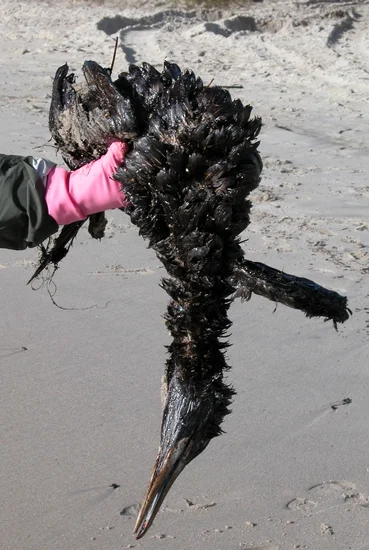
A storm burst a tank on the oil tanker MV Prestige off the coast of Galicia, Spain. The vessel was denied port access and eventually sank, spilling 63,000 metric tons of heavy fuel oil.
The disaster exceeded the Exxon Valdez spill in environmental impact and duration. The catastrophe led to stricter regulations for aging oil tankers and enhanced coastal protection measures.
Sports and Recreation on November 13
1954 – First Rugby League World Cup
Great Britain defeated France to capture the inaugural Rugby League World Cup in Paris. Approximately 30,000 spectators witnessed this historic sporting milestone.
The tournament established rugby league as a truly international sport beyond its traditional strongholds. The competition’s success laid the foundation for future World Cup tournaments.
1982 – Mancini-Kim Boxing Tragedy

Ray Mancini defeated Duk Koo Kim in a Las Vegas boxing match that would have tragic consequences. Kim’s death five days later from brain injuries shocked the boxing world.
The tragedy led to significant reforms in professional boxing safety protocols. The number of championship rounds was reduced from 15 to 12, and medical supervision was enhanced.
1982 – Vietnam Veterans Memorial March
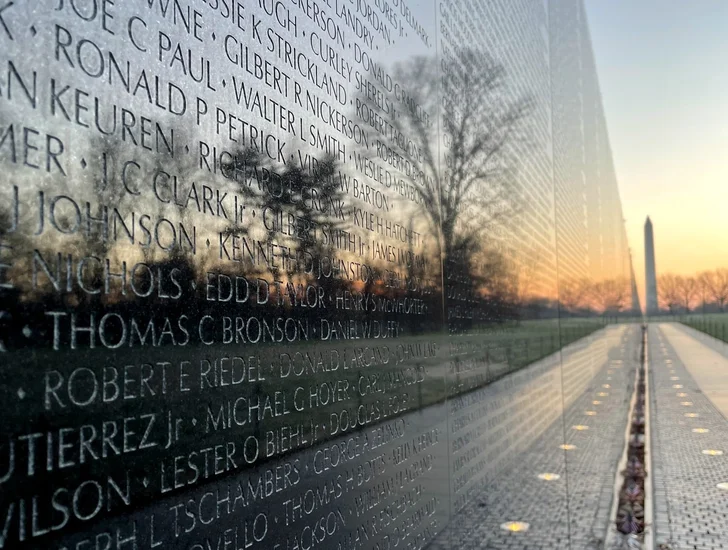
Thousands of Vietnam War veterans marched to the dedication site of the Vietnam Veterans Memorial in Washington, D.C. The powerful demonstration preceded the memorial’s official dedication ceremony.
The march represented a long-overdue homecoming for veterans who had been largely ignored upon their return. The event marked a turning point in American recognition of Vietnam veterans’ service.
Notable Births on November 13
1934 – Garry Marshall Born
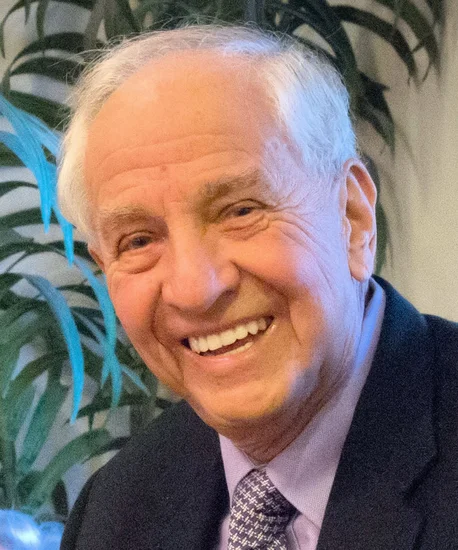
American actor, director, and producer Garry Marshall was born in New York City. His childhood love of theater and comedy shaped his entertainment career trajectory.
Marshall would create iconic television series like “Happy Days” and “The Odd Couple” while directing beloved films. His contributions to American popular culture spanned decades of entertainment history.
1940 – Saul Kripke Born

American philosopher Saul Kripke was born in Bay Shore, New York. His early intellectual gifts became apparent during his childhood academic achievements.
Kripke would revolutionize modal logic and philosophy of language through groundbreaking theoretical work. His contributions to philosophical logic earned him recognition as one of the most influential philosophers of the 20th century.
1947 – Joe Mantegna Born
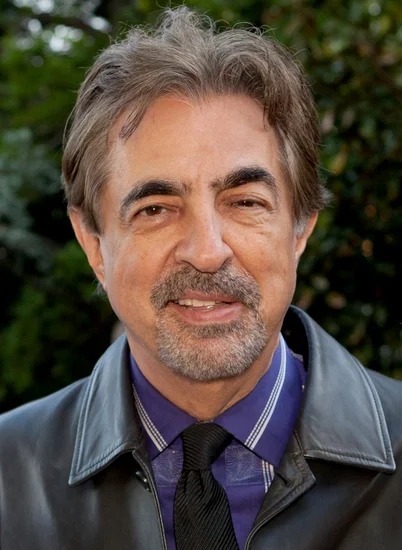
American actor Joe Mantegna was born in Chicago, Illinois. His Italian-American heritage and Chicago upbringing influenced his distinctive acting style and career choices.
Mantegna would become renowned for his roles in David Mamet productions and crime dramas. His versatile career spans theater, film, and television across multiple decades.
1952 – Merrick Garland Born
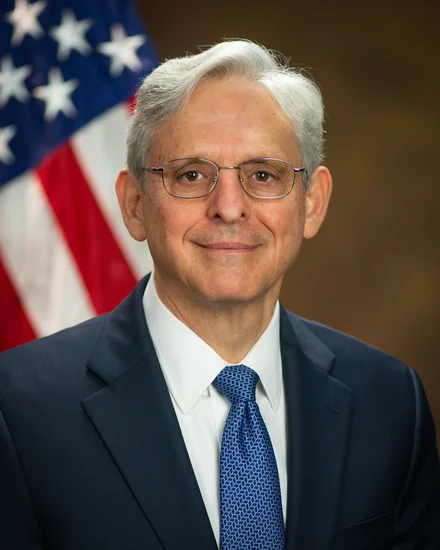
American jurist Merrick Garland was born in Chicago, Illinois. His academic excellence and commitment to public service emerged during his formative years.
Garland would serve as a federal judge and later become the 86th United States Attorney General. His legal career has been marked by dedication to justice and constitutional principles.
1953 – Andrés Manuel López Obrador Born

Mexican politician Andrés Manuel López Obrador was born in Tepetitán, Tabasco. His rural upbringing and witnessing of social inequality shaped his political philosophy.
López Obrador would become Mexico’s president after decades of political activism and public service. His populist approach has significantly influenced Mexican politics and governance.
1955 – Whoopi Goldberg Born

American actress, comedian, and talk show host Whoopi Goldberg was born in New York City. Her challenging childhood circumstances fostered resilience and determination.
Goldberg would achieve rare EGOT status, winning Emmy, Grammy, Oscar, and Tony awards. Her groundbreaking career has broken barriers for African American performers in entertainment.
1967 – Jimmy Kimmel Born
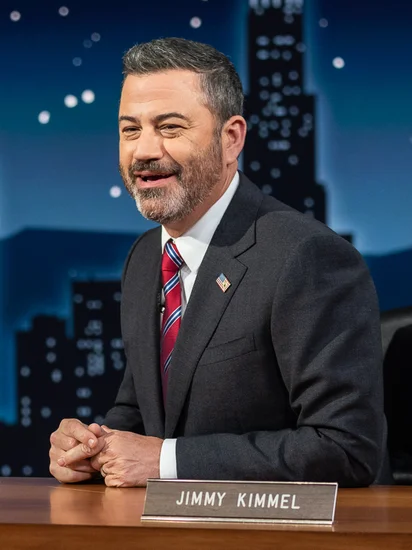
American comedian and talk show host Jimmy Kimmel was born in Brooklyn, New York. His early fascination with radio and comedy shaped his entertainment career path.
Kimmel would become one of late-night television’s most prominent hosts and political commentators. His show has become a significant platform for celebrity interviews and political discussion.
1969 – Gerard Butler Born

Scottish actor Gerard Butler was born in Paisley, Scotland. His early training as a lawyer provided discipline that would serve his acting career.
Butler would become an international film star known for action movies and romantic comedies. His versatile performances have made him one of Scotland’s most recognizable actors.
Notable Deaths on November 13
1903 – Camille Pissarro Dies
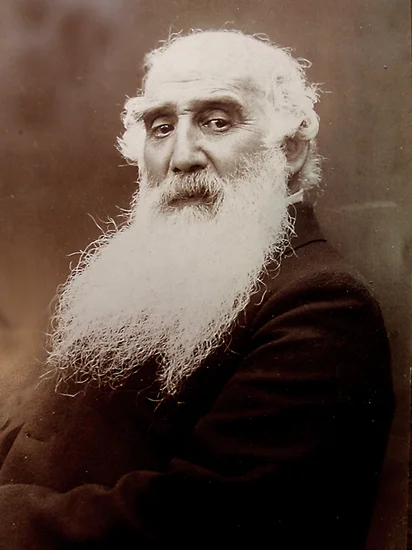
French Impressionist painter Camille Pissarro died in Paris at age 73. His contributions to the Impressionist movement had profoundly influenced modern art development.
Pissarro was the only artist to participate in all eight Impressionist exhibitions. His mentorship of younger artists and innovative techniques helped establish Impressionism as a legitimate art movement.
1942 – Admiral Daniel J. Callaghan Dies
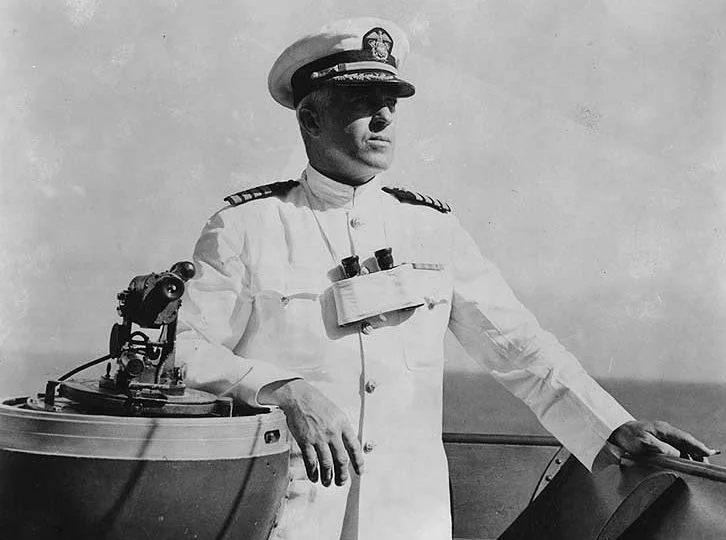
American Admiral Daniel J. Callaghan was killed during the Naval Battle of Guadalcanal. His leadership during the desperate night engagement demonstrated exceptional courage under fire.
Callaghan’s sacrifice helped prevent Japanese reinforcement of Guadalcanal forces. His posthumous Medal of Honor recognized his decisive role in this crucial Pacific theater victory.
1952 – Margaret Wise Brown Dies

American children’s author Margaret Wise Brown died unexpectedly at age 42. Her innovative approach to children’s literature had revolutionized the genre.
Brown authored beloved classics including “Goodnight Moon” and “The Runaway Bunny.” Her understanding of child psychology created timeless stories that continue enchanting generations of readers.
1974 – Vittorio De Sica Dies
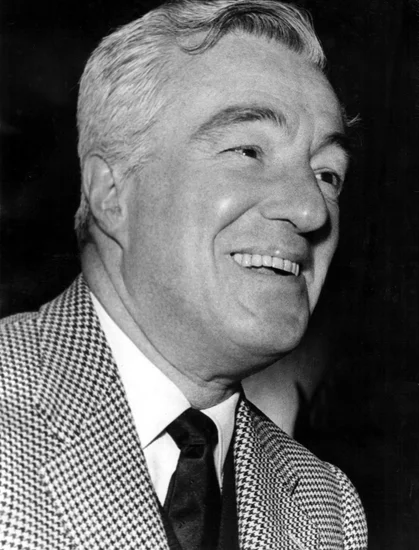
Italian filmmaker Vittorio De Sica died in Paris at age 73. His neorealist films had transformed cinema by depicting ordinary people’s struggles with unprecedented authenticity.
De Sica won four Academy Awards for Best Foreign Language Film during his career. His masterpieces like “Bicycle Thieves” established Italian cinema’s international reputation and influence.
1974 – Karen Silkwood Dies
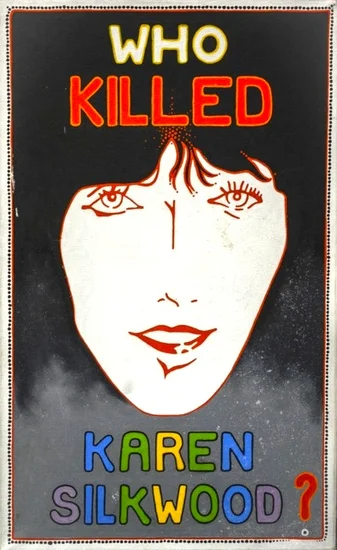
American nuclear technician and activist Karen Silkwood died in a suspicious car accident at age 28. Her investigation of safety violations at the Kerr-McGee plutonium plant had made her a target.
Silkwood’s death sparked nationwide concern about nuclear industry safety and whistleblower protection. Her story became a symbol of individual courage against corporate power and environmental hazards.
2014 – Alexander Grothendieck Dies
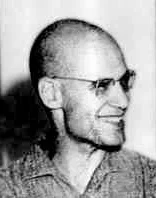
German-French mathematician Alexander Grothendieck died in France at age 86. His revolutionary work in algebraic geometry had transformed modern mathematics.
Grothendieck’s abstract approach to mathematical problems influenced generations of mathematicians worldwide. His contributions to category theory and algebraic topology remain fundamental to contemporary mathematical research.
Holidays and Observances on November 13
World Kindness Day
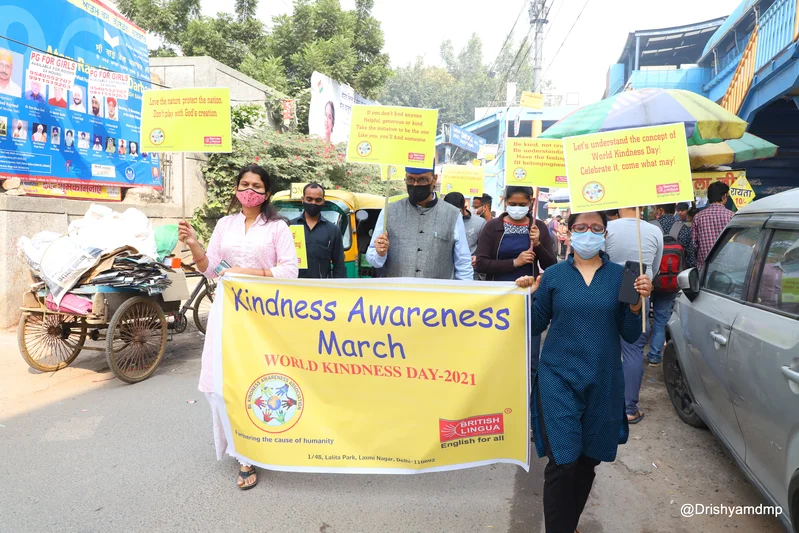
World Kindness Day is celebrated globally to promote kindness and compassion in communities worldwide. The observance encourages people to perform acts of kindness and spread positivity.
Organizations and individuals participate by organizing charitable activities and community service projects. The day serves as a reminder of kindness’s power to create positive social change.
Sadie Hawkins Day
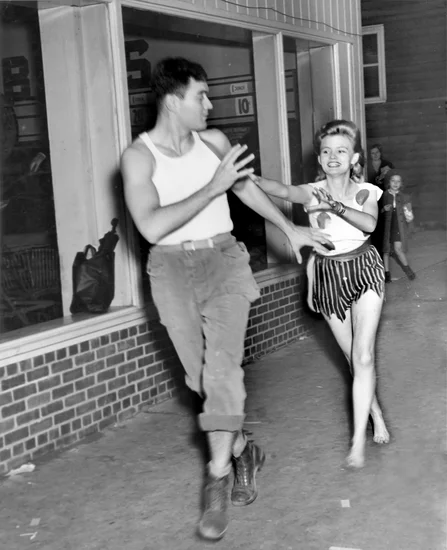
Sadie Hawkins Day is celebrated in the United States as a day when women traditionally take the initiative in romantic relationships. The observance originated from the Li’l Abner comic strip.
The day encourages role reversal in dating customs and social interactions. Many schools and communities organize Sadie Hawkins dances and social events to celebrate this tradition.
Christian Feast Days
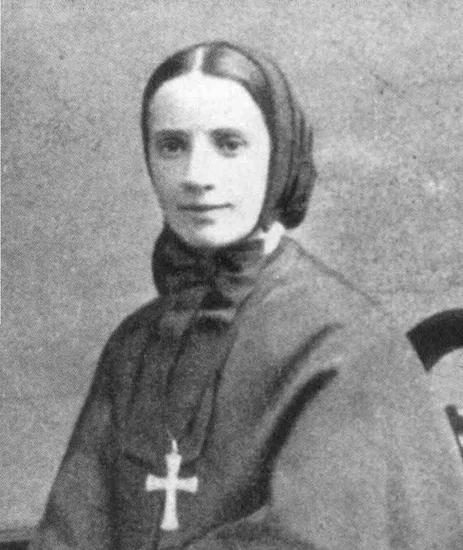
Several Christian saints are commemorated on November 13, including Frances Xavier Cabrini, the patron saint of immigrants. These observances hold special significance for Catholic communities worldwide.
The feast days provide opportunities for prayer, reflection, and community service in honor of these religious figures. Many churches organize special services and charitable activities to mark these occasions.
